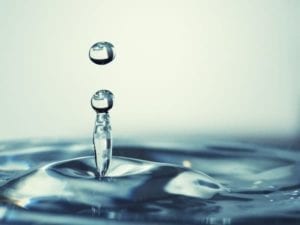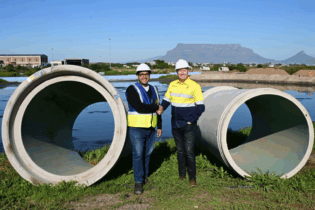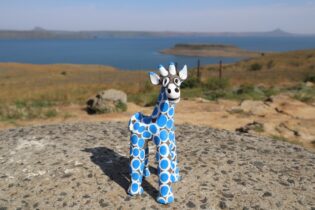The South African Human Rights Commission (SAHRC) is set to launch a citywide inquiry into the broader water situation in the City of Tshwane.
The probe followed the negative results of water tests conducted by the Council for Scientific and Industrial Research (CSIR) in Hammanskraal. A study done by the CSIR, concluded last year, found that water extracted from the ground, and tested for different determinants, showed a high level of E.coli. Wouter le Roux, a water scientist said the research was not meant to point fingers at people treating piped water because it never covered that area. According to the report, the main risks that were identified related to the presence of faecal indicators and at times other water-borne pathogens as well as the elevated nitrate levels. “Some of the water quality challenges faced by the Stinkwater residents may be addressed efficiently using tried and tested interventions, while others like the nitrate problem may require novel approaches,” the report read.Announcing the inquiry, the commission’s provincial head, Buang Jones, said its scope would be widened to include the tenders related to water infrastructure awarded in the past.
“We are going to look at tenders that were awarded, the monies spent and people who benefited from tenders and consequence management. We are going to go all the way back,” he said. Jones said the commission decided to broaden the inquiry into water contamination to include river pollution because of a barrage of complaints from residents and businesspeople in the city. “The enquiry will cover four other treatment plants in Tshwane because we have received other complaints from community and businesspeople concerned about the treatment plants,” he said. The commission was finalising the inquiry’s terms of reference. The inquiry would examine how the state of wastewater treatment plants impact on quality and other human rights.





